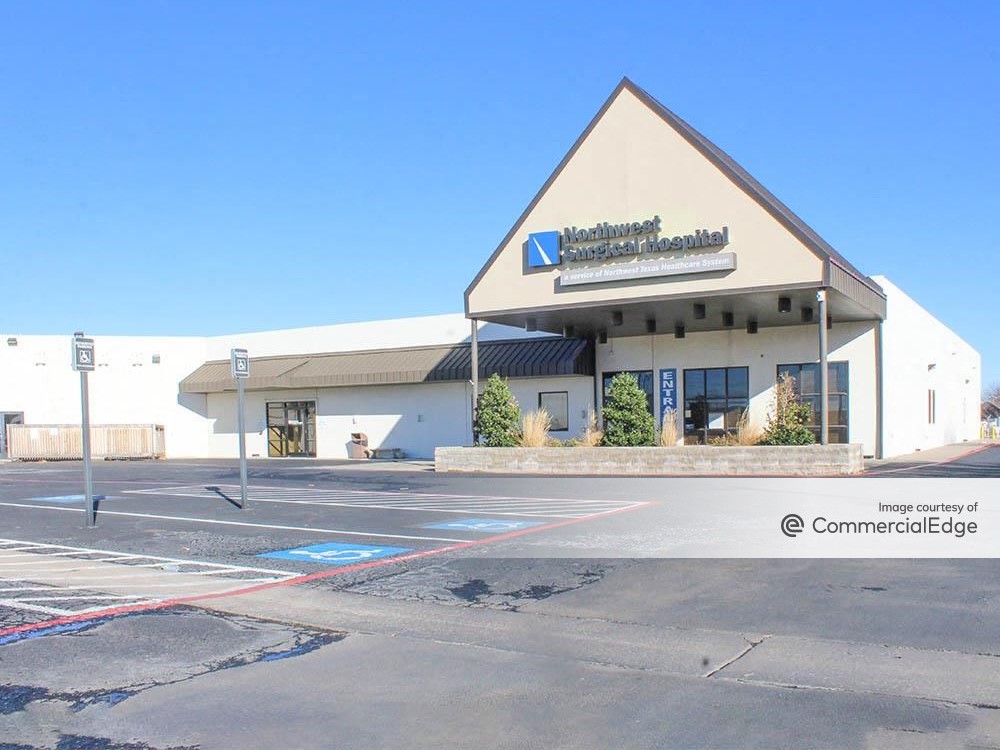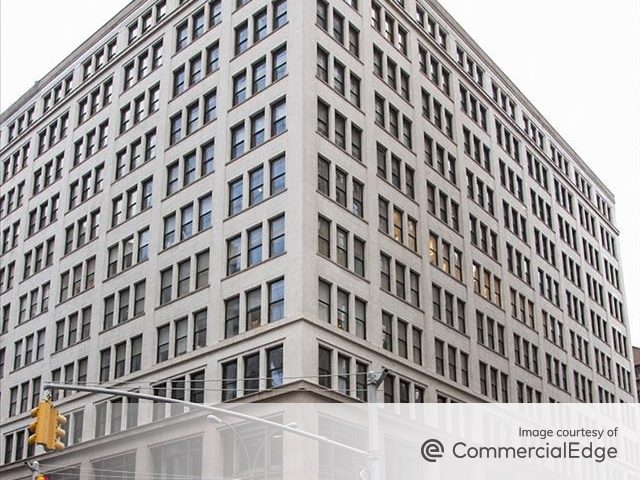Economy Watch: Will Brexit Affect U.S. CRE?
NAIOP Distinguished Fellows weigh in on the potential impacts Brexit could have on the U.S. commercial real estate industry.
By Dees Stribling, Contributing Editor
The votes have been counted and it looks like the U.K. is leaving the European Union. Is that any reason for U.S. real estate interests to worry? It depends on whom you ask. The following comments on Brexit were collected by NAIOP from among the organization’s Distinguished Fellows.
“The U.K. is the single largest cumulative foreign investment in the U.S.–about 20 percent of all cumulative foreign investment; therefore any uncertainty in the market would negatively impact the U.S.,” noted Mark Stapp, executive director, Master of Real Estate Development, W.P. Carey School of Business, Arizona State University, Tempe, Ariz.
“The question is: for how long?” he continued. “The potential impacts for U.S. commercial real estate include that the cost of capital could rise and foreign direct investments could decrease, especially if the value of the pound decreases compared to the dollar.”
Christian Redfearn, Borstein Family Endowed Professor of Real Estate, Price School of Public Policy School, University of Southern California in Los Angeles: “Brexit would induce a lot of uncertainty; it could cause less investment as capital allocators wait to see how the situation evolves or it could cause more capital to flow to the U.S. as investors look for safe havens.”
Finally, Gerard Mildner, director, Center for Real Estate, Portland State University, Portland, Ore., posited that “the direct impact of Brexit will mostly be felt by Britain and the EU and will probably have a minimal direct impact on the U.S. economy and U.S. commercial real estate. The risk is that other countries will copy Britain and impose trade barriers. The most exposed U.S. sectors will be export businesses (e.g., aerospace, agriculture, technology), port-related industrial property and the financial industry.”








You must be logged in to post a comment.